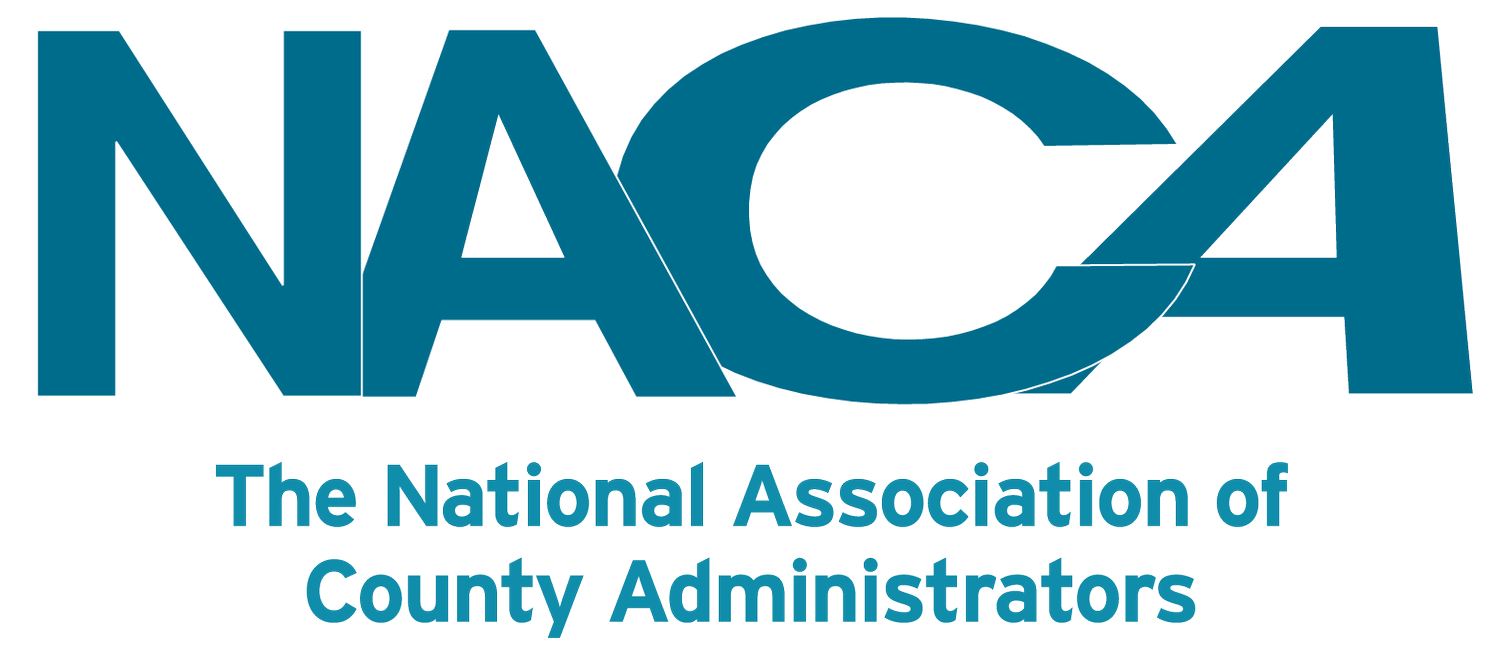Focus on Wellbeing: The perks of positivity
Written By: Kim Baczewski and Lori Pritchard
Positivity. A concept that currently seems like an unattainable state. Yet it is critically important. A leading expert in the study of wellbeing, Louis Alloro, says the key to practicing positivity while in the face of adversity is not to avoid struggle altogether, rather to learn to struggle well.
Research tells us that negative thoughts and behaviors can lead to physical and mental health problems. Conversely, studies have shown that positive perspectives correlate with increased life span, lower rates of depression, greater resistance to the common cold, better psychological and physical well-being, and improved cardiovascular health.
Granted, we can’t always change what happens in our lives, but we can change how we view these events. Having a more positive outlook can be as simple as choosing small snippets of daily positivity. A gratitude journal reminds you of things that are good, and things for which to be grateful. Small doses of humor, smiles and laughs promote the release of a serotonin, a feel-good hormone produced in your body. Spending more time with positive people (and less time with those who bring you down), are other ways to make positive life changes.
A wise woman once said, “If you’re positive, you’ll see opportunities instead of obstacles.”
Thinking Traps are obstacles to positive thinking. All of us can get sucked into the negative thinking that these traps promote. However, being aware of our tendencies and unhealthy patterns helps get us off the negative thinking bandwagon.
Like the good majority of us, these authors fall into thinking traps. However, as a result of recent coursework we completed in Creating Wellbeing and Positive Psychology, we have become aware of these thinking traps and reflect on our negative tendencies. This allows us to reframe negative thoughts into positive, productive thoughts.
Lori, on All-Or-Nothing Thinking: I have all-or-nothing thinking about dieting! I may start my day with a donut. Then at lunch indulge in delicious, hot pizza. And then, after dinner, I rationalize that the day’s diet is already shot and go for large dish of ice cream...I mean, I already blew my day, right? This all-or-nothing thinking is not only a bad habit, but it’s also very unhealthy! Just like any setback we experience, seeing it for what it is. One small set back in a day (one donut in the morning), as opposed to a “be all/end all” helps us to avoid creating larger problems. So instead of the eating binge, created by my all-or-nothing diet disaster, I could accept the one small setback for what it is… a 350-calorie breakfast. Similarly, one speeding ticket, a grumpy morning family member, a long wait at a doctor’s office. These are just what they are: little setbacks in a day. Choose to struggle well for that moment. Then choose positivity.
Kim, on Jumping to Conclusions: Jumping to conclusions is a daily pastime of mine. It’s always easier for me to assume the worst and predict a grim future than to stay in the moment and be logical. Logic comes to me after the emotional upheaval I put myself through. COVID exacerbated these negative thoughts. Will my children be OK emotionally, bouncing to virtual learning? Will any of my family get COVID? Without daily face to face interactions will the relationships I've built last? Applying interventions and strategies learned in positive psychology has helped me not only stay in the moment but incorporate positive interventions to foster my own well-being. I begin each day with a gratitude journal. This keeps me centered and focused on the good. Other actions I take to increase my own well-being, especially when in a negative mindset include walking with friends, deep breathing exercises, meditation with my children, journaling specific events (facts vs. jumping to conclusions), and talking through an issue or thoughts with my husband or close friends.
Kim Baczewski and Lori Pritchard are two of 182 local residents who earned a certificate in the science of wellbeing. Kim serves as executive vice president for the Charles J. Strosacker Foundation. Lori serves as supervisor of educational programs at the Midland County Juvenile Care Center for Midland Public Schools. This year, the Midland Area Wellbeing Coalition continues to provide a series of monthly articles with practical ways to increase wellbeing. Visit midlandareawellbeing.org for more information.

